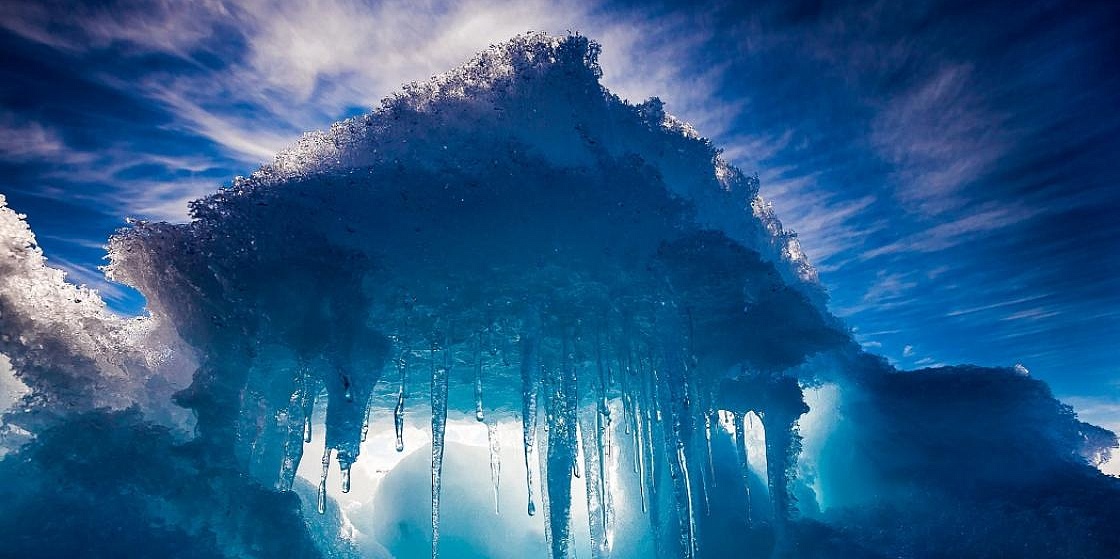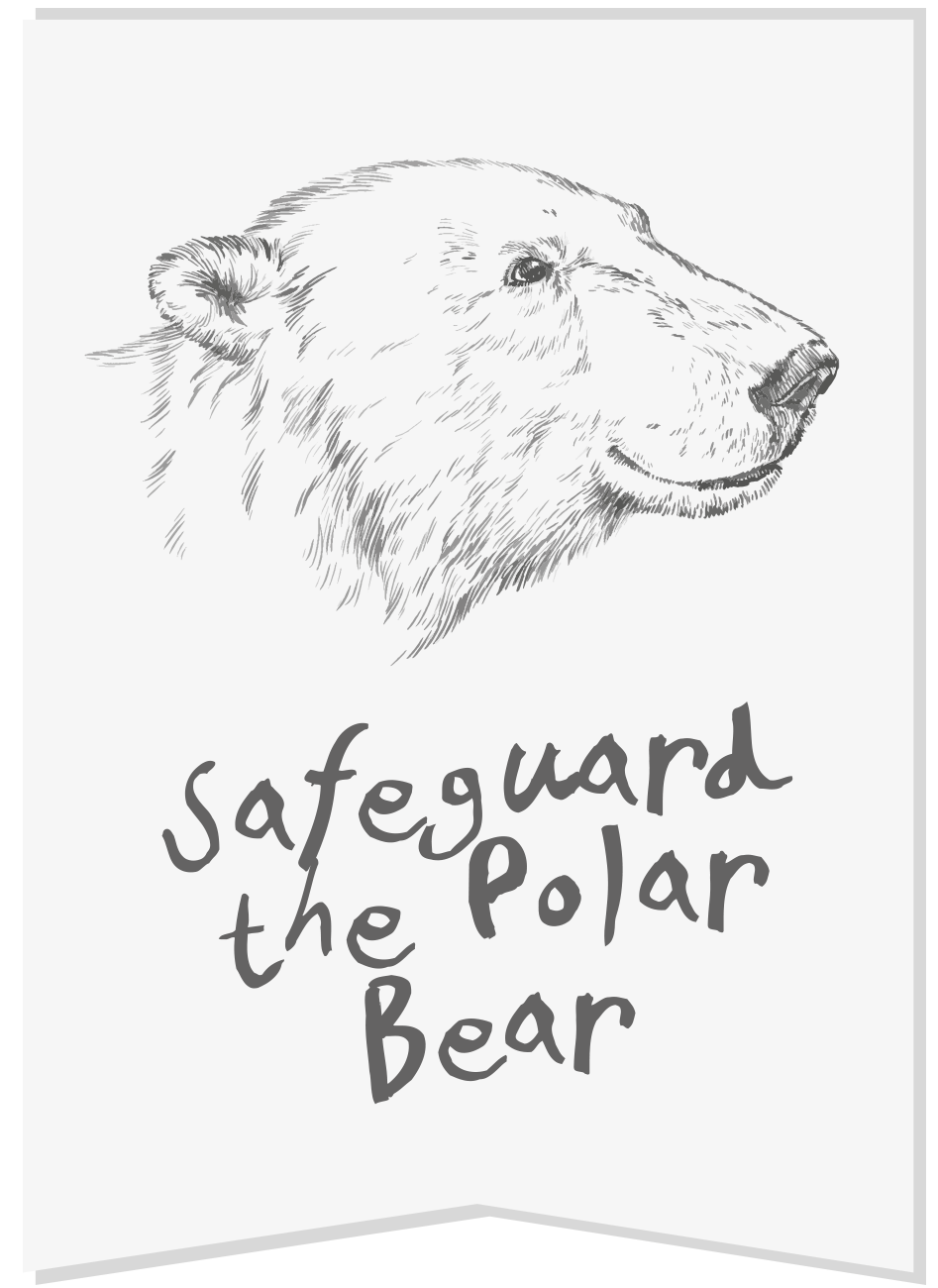
Photo: Dolya Sergey/GeoPhoto.ru
Arctic Agenda Updated Following Parliamentary Question Time
On 6 October, a question time on Arctic policies and issues with Deputy Prime Minister Yuri Trutnev was held at the upper chamber of the Russian Parliament. Here are the key points from the meeting.
- Yuri Trutnev outlined the importance of the Arctic to Russia. The region is endowed with rich natural resources such as natural gas, oil, platinum, copper and titanium. The Russian Arctic accounts for more than 20% of the country’s export value.
- Within the past two years and a half, numerous acts were adopted to give a strategic vision for Russian policies in the High North and attract investment into the Russian Arctic. In total, 6 federal laws and 40 other regulatory documents as regards the Arctic were passed. A system of preferences was established to foster economic growth in the region.
- By 2024, the number of projects implemented in the Russian Arctic with the support of the government may exceed 320. The investment will total 1.8 trillion rubles (USD 25 billion), and at least 30,000 jobs will be created.
- Among the Government’s key objectives in the Arctic until 2035 are: stimulating average salary growth (by at least 2.5 times), creating 200,000 new jobs, improving life expectancy by 10 years, reversing the migration trend, and launching city renovations throughout the region.
- Developing the Northern Sea Route is central to the successful implementation of most projects in the Russian Arctic. Establishing an international transit cargo line at the NSR is a Government’s strategic goal. In 2022, a container shipping line will be launched, with the NSR becoming operational all year round by 2023-2024. By 2026, four Arktika-class icebreakers will be commissioned, followed by the first Leader-class icebreaker in 2027. By 2030, the Russian Arctic merchant fleet will increase more than threefold.
- In turn, Speaker Valentina Matvienko pointed out that, despite the progress made, “it is far from being a breakthrough”. More funds must be poured into regional budgets in the Russian Arctic, and new flagship projects should be implemented to support fast and steady growth.
- Speaker Valentina Matvienko and Senator Alexander Akimov (Yakutia) highlighted the need to revitalize regional air transport in the Russian High North. The Speaker instructed the Senatorial Committee for Economic Policy to organize a question hour with Transportation Minister Vitaly Saveliev and Senators for Russia’s Far Eastern and Arctic provinces.
- Deputy Speaker Galina Karelova stated that it was necessary to integrate the Arctic Children program into the State Program for Social and Economic Development in the Russian Arctic and increase its funding. According to her, establishing a federal center for Arctic healthcare in a foreseeable future will be an important step towards improving the healthcare services offered to those living in the Russian High North.
- Supporting SMEs should become a priority of this Government. The latter should think of ways to stimulate employment in small businesses and empower them, including through securing their engagement by big business in the framework of major projects (to be) implemented in the Russian Arctic.
- A bill on establishing a national permafrost monitoring system should be submitted to the Parliament as soon as possible to reduce risks of disasters affecting the Arctic environment.
8 October 2021




